
News




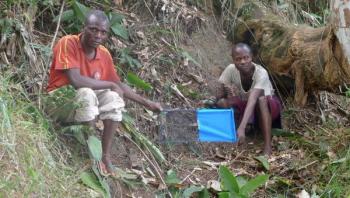
Gambian sleeping sickness - a deadly parasitic disease spread by tsetse flies - could be eliminated in six years in key regions in the Democratic Republic of Congo (DRC), according to new research by the University of Warwick.

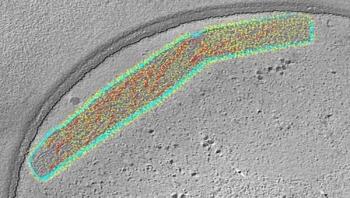
Crafting a vaccine against RSV (respiratory syncytial virus) has been a minefield for 50 years, but scientists believe they have found the right balance. Researchers at Emory University School of Medicine and Children's Healthcare of Atlanta report that they have engineered a version of RSV that is highly attenuated -- weakened in its ability to cause disease -- yet potent in its ability to induce protective antibodies.

A new way to fight multidrug-resistant bacteria by blinding them rather than killing them proved highly effective in a model of burn injuries, UT Southwestern Medical Center research shows.


Antibiotic resistance in pathogenic bacteria is a growing global challenge. Danish researchers have now discovered that bacteria use a code language to avoid being controlled. Understanding this code language will be paramount to developing new antibiotics in the future.

Experimenting with human cells and mice, Johns Hopkins researchers have found that a genetic mutation that alters a protein called NOD1 may increase susceptibility to human cytomegalovirus (CMV) infection. CMV is a common pathogen that infects almost 60 percent of adults in the U.S., according to the Centers for Disease Control and Prevention (CDC), and can lead to devastating developmental defects in fetuses and severe disease in people with weakened immune systems.

Aedes aegypti mosquitoes harboring parasitic Zika virus (ZIKV) are the primary transmitters of virus to humans, potentially causing catastrophic congenital microcephaly in babies born to women bitten by infected mosquitoes. But confirmation earlier this year by the Centers for Disease Control and Prevention (CDC) that ZIKV can also be sexually transmitted raised new alarm that virus could be passed between sexual partners in venues far from mosquito habitats.

Georgetown University Medical Center researchers have found that sunlight, through a mechanism separate than vitamin D production, energizes T cells that play a central role in human immunity. Their findings, published today in Scientific Reports, suggest how the skin, the body’s largest organ, stays alert to the many microbes that can nest there.
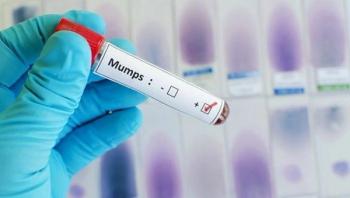





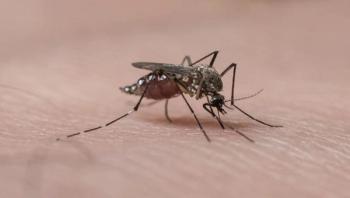
Scientists at the University of Liverpool have shown that a change in weather patterns, brought on by the El Niño of 2015, fueled the Zika outbreak in South America. The findings were revealed using a new epidemiological model that looked at how climate affects the spread of Zika virus by both of its major vectors, the yellow fever mosquito (Aedes aegypti) and the Asian tiger mosquito (Aedes albopictus).

In a bid to better understand the gene expression patterns that control T cell activity, researchers at the La Jolla Institute for Allergy and Immunology mapped genome-wide changes in chromatin accessibility as T cells respond to acute and chronic virus infections. Their findings, published in the Dec. 20, 2016 issue of Immunity, shed light on the molecular mechanisms that determine the fate of T lymphocytes and open new approaches to clinical intervention strategies to modulate T cell activity and improve immune function.

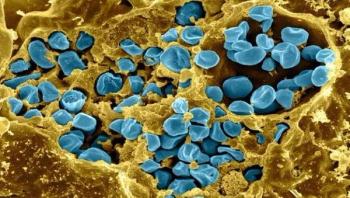
The virulent pathogen that causes the disease tularemia, or "rabbit fever," was weaponized during past world wars and is considered a potential bioweapon. Through a new study of the coccobacillus Francisella, Los Alamos National Laboratory researchers are working to use DNA markers to discern related but relatively harmless species as they are identified and to provide a means to distinguish them from the harmful F. tularensis.



Fungal infections are a serious health risk. They can be harmful especially to patients whose immune system is compromised through illness or chemotherapy. A team working at the Technical University of Munich (TUM) has discovered an important mechanism in the body's defenses against fungi. The discovery explains, among other things, why people with certain genetic variations are more susceptible to fungal infections.
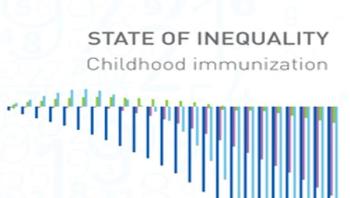

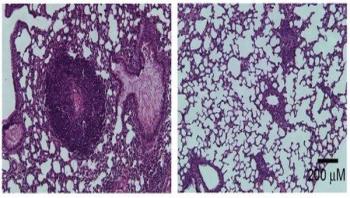
Defects in the body’s regulatory T cells cause inflammation and autoimmune disease by altering the type of bacteria living in the gut, researchers from The University of Texas Health Science Center at Houston have discovered. The study, “Resetting microbiota by Lactobacillus reuteri inhibits T reg deficiency-induced autoimmunity via adenosine A2A receptors,” which will be published online December 19 in the Journal of Experimental Medicine, suggests that replacing the missing gut bacteria, or restoring a key metabolite called inosine, could help treat children with a rare and often fatal autoimmune disease called IPEX syndrome.